
Long Reads

We think federated social media represents a better vision for the internet. Here's an exploration of what it is, and why we like it.
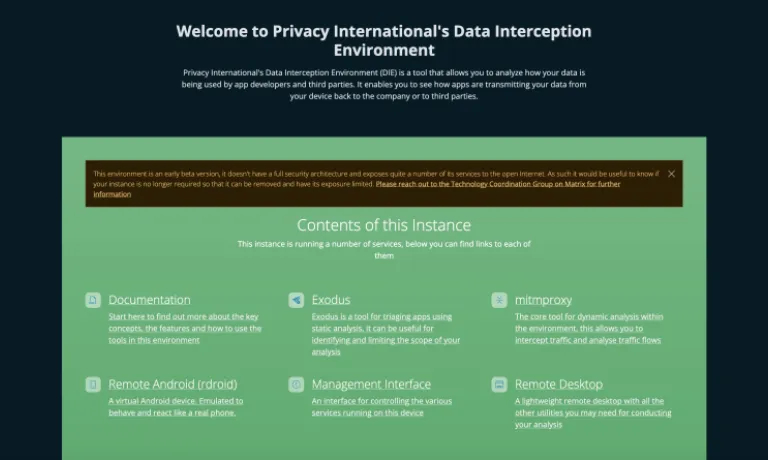
Building on our findings from our previous research, we sought to investigate the data management and sharing practices of menstruation apps with third parties beyond Facebook, as well as to assess whether some of the apps we looked at the first time around had improved their practices as they have claimed.

Flo, headquartered in London, UK, is one of the most popular period-tracking apps on the market with over 380 million downloads.

Period Tracker by Simple Design is another popular period tracking app that has over 150 million users.
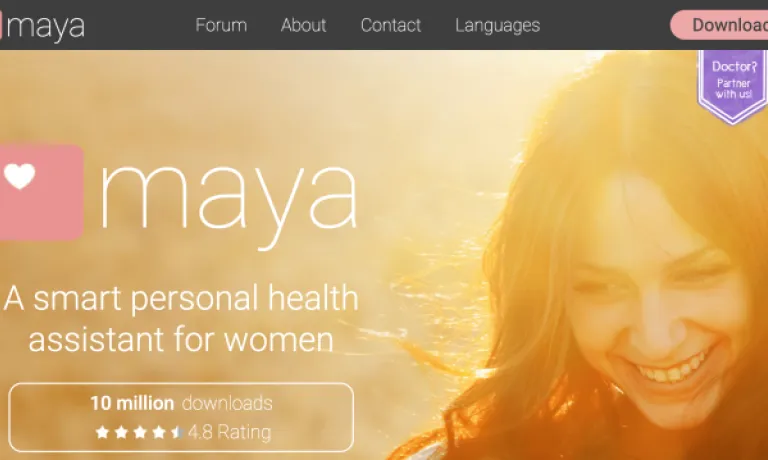
The Maya app is a period tracker app by Plackal Tech based in India.
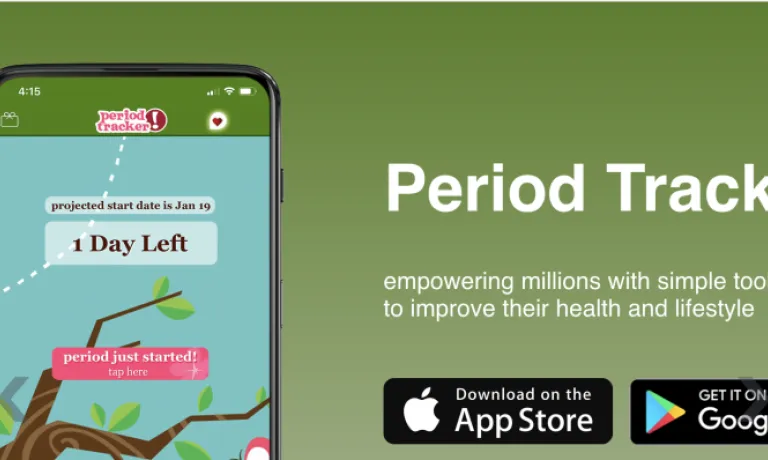
Period Tracker by GP Apps is another popularly downloaded app we previously looked at in 2019.

The WomanLog app, developed by Pro Active App SIA, is a Latvia-based period tracking app with over 10 million downloads that features an 'Intelligent Assistant' chatbot.

Wocute is a Singapore-based period tracking app with over 5 million global downloads.
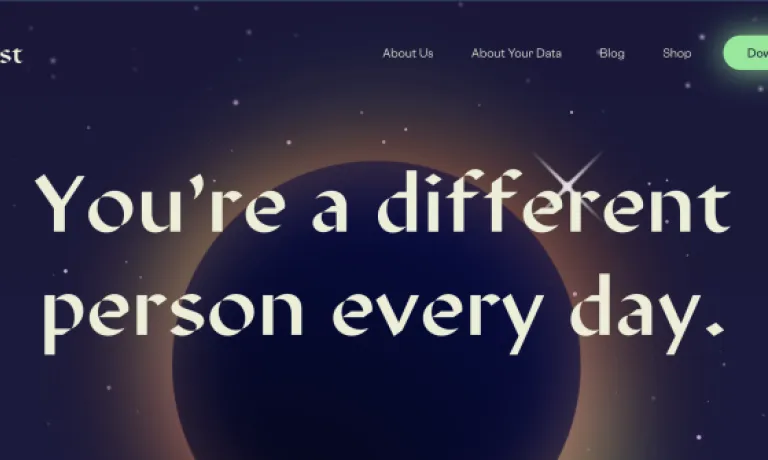
Stardust is a New York-based astrology-themed period tracking app that has recently risen in popularity, having received a spike in downloads in the U.S. following the overturning of Roe v. Wade.
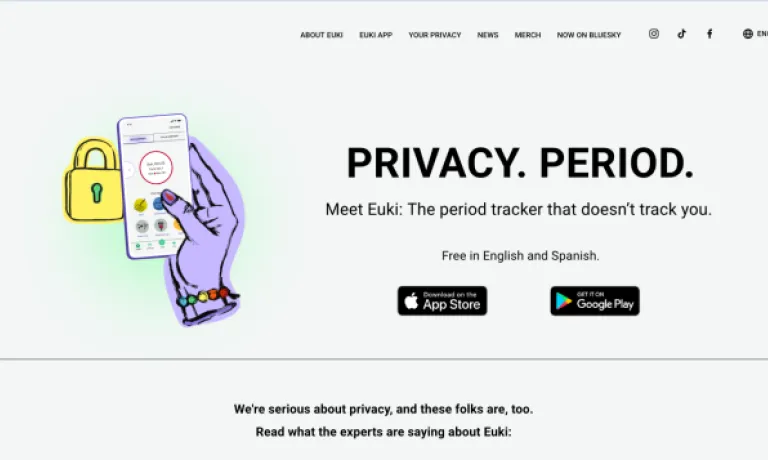
The last app we looked at was Euki, which has been recognised among privacy advocates.